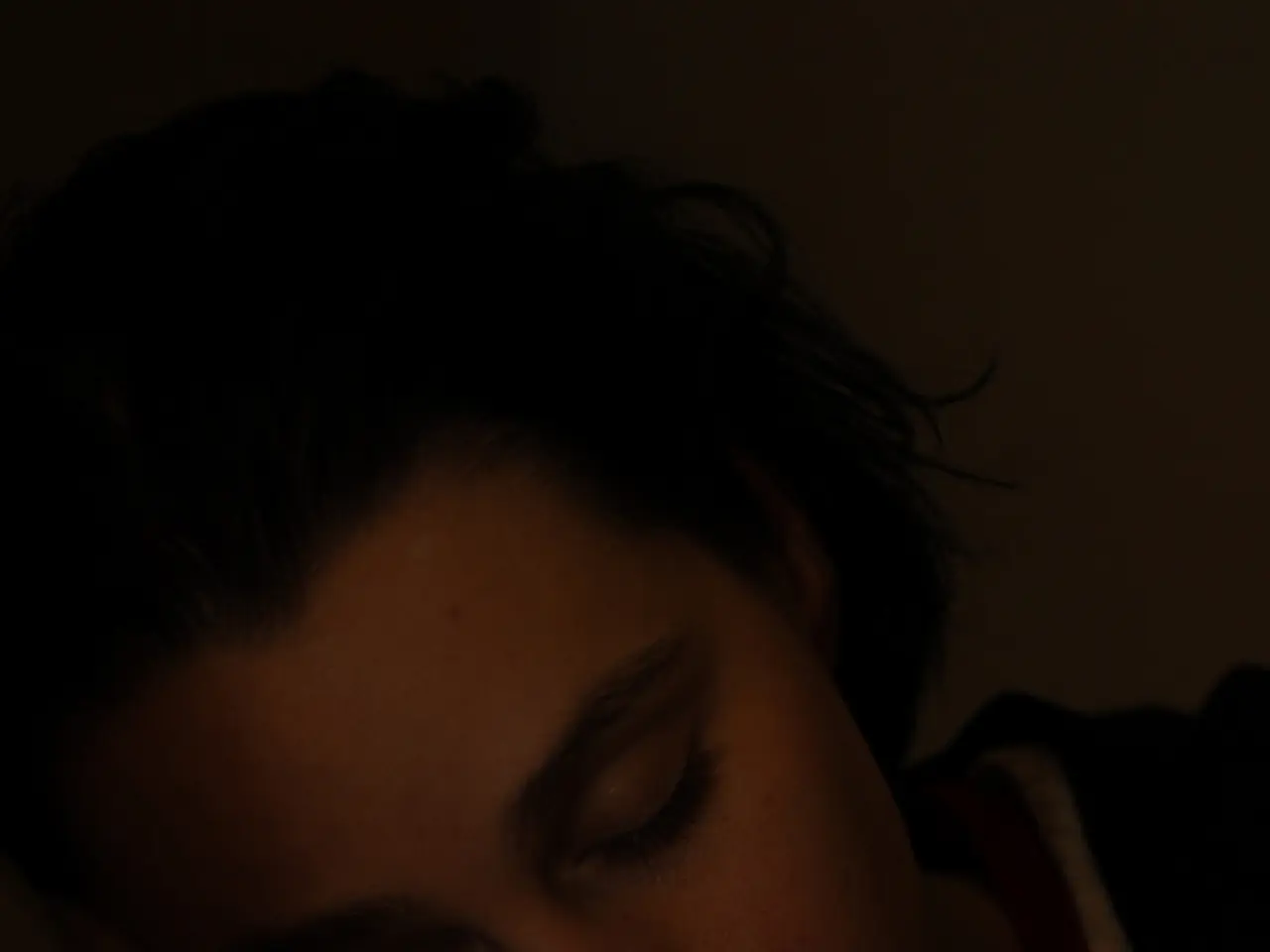The mysterious reason behind sudden nighttime muscle jerks experienced by numerous individuals.
In the realm of sleep, one experience that many people have encountered is the sudden, startling sensation known as a hypnic jerk. This article delves into the causes, consequences, and general understanding of this common phenomenon.
Hypnic jerks, also known as sleep starts, are sudden convulsions and jolting awake that often accompany a sensation of falling or tripping. Sleep researchers believe this occurs when the brain misinterprets muscle relaxation during sleep transition as a sensation of falling or tripping.
While hypnic jerks are not typically associated with any health or sleep problems for most people, they can be a side effect of certain prescription medications, particularly antidepressants like selective serotonin reuptake inhibitors (SSRIs). Frequent hypnic jerks can also be associated with conditions such as anxiety, stress management, caffeine use, sleep deprivation, and certain medications including stimulants. They may also be linked to neurological disorders, though they are usually benign.
It is estimated that 70% of people will experience a hypnic jerk at some point. However, frequent hypnic jerks over a prolonged period may lead to anxiety and insomnia. If you are experiencing hypnic jerks and concerns while on medication, it is recommended to consult the prescribing doctor.
Good sleep hygiene, which includes controlling factors such as stress, caffeine intake, and exercise before bed, is beneficial whether or not one is concerned about hypnic jerks. Sleep deprivation, stress, anxiety, excessive intake of stimulants like nicotine or caffeinated drinks, and strenuous exercise before bed can increase the likelihood of hypnic jerks.
It's important to note that 'beauty sleep' is not a myth. How we sleep affects how we look and how attractive others find us, according to a neurologist and sleep expert.
This article is republished from The Conversation under a Creative Commons license. The research on hypnic jerks is ongoing, and while some studies suggest they can be more common among people with Parkinson's disease, they are not reliable indicators of the disease.
Professor Yaqoot Fatima, Senior Lecturer at the University of the Sunshine Coast, and Clinical Psychologist Daniel Sullivan from Griffith University are among the faculty members contributing to the understanding of sleep and its related phenomena.
In conclusion, while hypnic jerks can be a startling experience, they are generally benign and understanding their causes can help manage their occurrence. Maintaining good sleep hygiene is essential for overall sleep health and well-being.
Read also:
- EU Faces Demand from Protesters to Halts Incineration of American-Owned Birth Control Products
- MERS (Middle East Respiratory Syndrome): A Comprehensive Overview and Treatment Guide
- Strategies to Maintain Optimal Eye Health Throughout Aging Process
- Hearings on the HHS Budget Detail a Fresh Approach for Public Healthcare Policies





